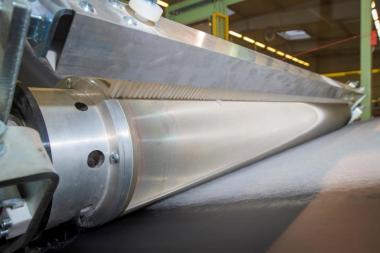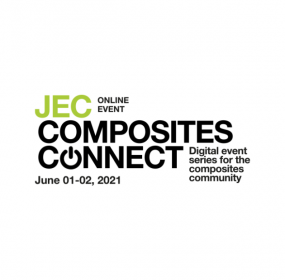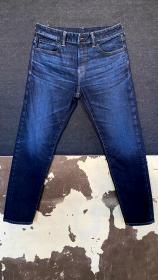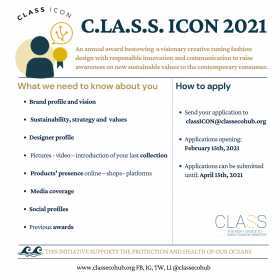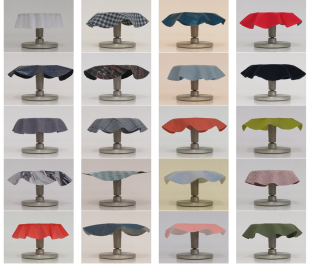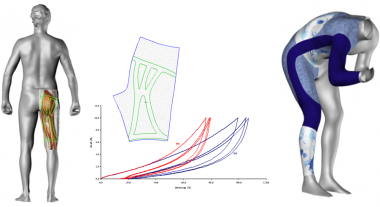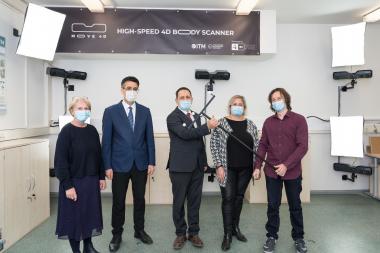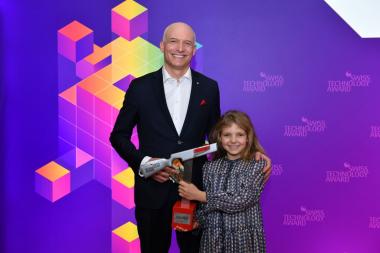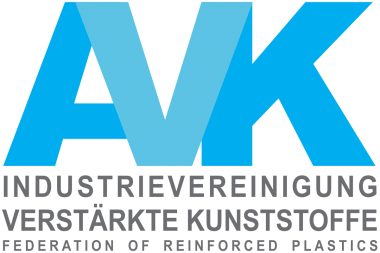ANDRITZ receives order for needlepunch production lines from Chongqing Double Elephant, China
International technology Group ANDRITZ has received an order to supply four new needlepunch lines for nonwoven production from Chongqing Double Elephant Microfiber Material Co., Ltd., China. These lines are scheduled for installation and start-up in the fourth quarter of 2021.
The needlepunch lines by ANDRITZ are designed to process islands-in-the-sea fibers dedicated mainly to the production of high-quality synthetic leather products. Once completed, the lines will produce 30 million meters a year of microfiber nonwoven materials.
The production lines are equipped with an ANDRITZ carding machine and the newly developed Profile® crosslapper as well as the advanced-technology ProWid closed-loop system from ANDRITZ. The system can monitor the weight uniformity (CV%) of the entire product online and predict the weight distribution changes caused by the bonding process. In addition, the web weight can be reduced by controlled stretching, which solves the issue of fiber accumulation at the edges caused by traditional crosslapping methods. Both the weight and the uniformity of the product can be automatically adjusted via the closed-loop function as set on the ANDRITZ gauge.
Chongqing Double Elephant Microfiber Material Co., Ltd., wholly owned by listed Wuxi Double Elephant Microfiber Materials Co., Ltd., is located in the Changshou National Economic and Technological Development Zone of Chongqing City. The company is active in the research, development and manufacture of microfiber materials, polyurethane synthetic leather and polyurethane resin.
ANDRITZ AG


